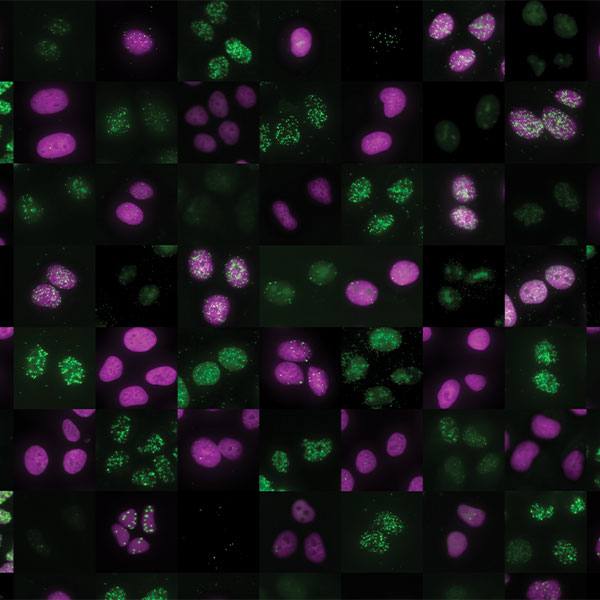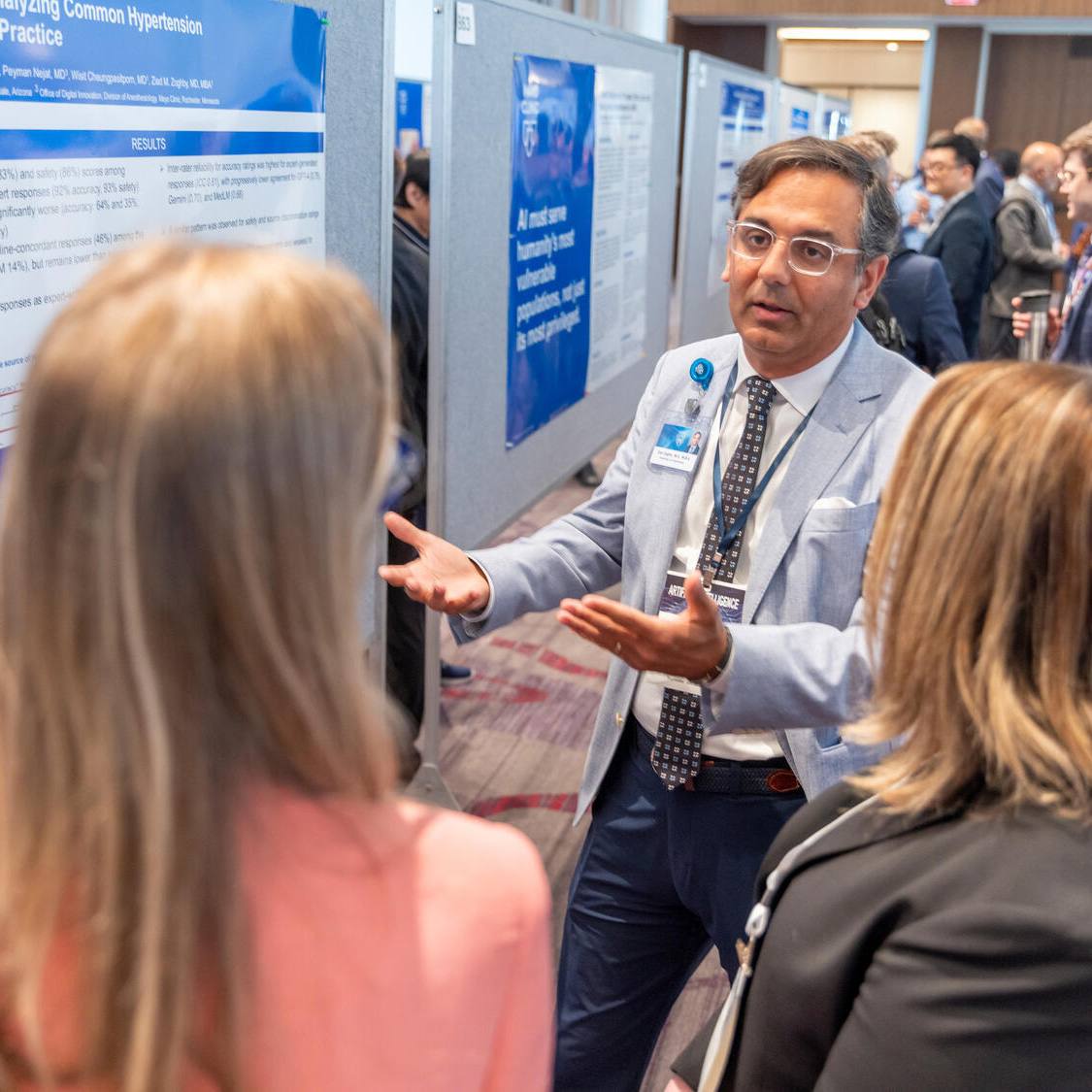-
Comparing gait parameters can predict decline in memory and thinking
 ROCHESTER, Minn. – Walking is a milestone in development for toddlers, but it’s actually only one part of the complex cognitive task known as gait that includes everything from a person’s stride length to the accompanying swing of each arm. A Mayo Clinic study recently published in the Journal of Alzheimer’s Disease found that problems associated with gait can predict a significant decline in memory and thinking.
ROCHESTER, Minn. – Walking is a milestone in development for toddlers, but it’s actually only one part of the complex cognitive task known as gait that includes everything from a person’s stride length to the accompanying swing of each arm. A Mayo Clinic study recently published in the Journal of Alzheimer’s Disease found that problems associated with gait can predict a significant decline in memory and thinking.
Using the Rochester Epidemiology Project, Mayo Clinic researchers examined medical records of Olmsted County, Minnesota, residents, who were between ages 70 to 89 as of Oct. 1, 2004. The analysis included 3,426 cognitively normal participants enrolled in the Mayo Clinic Study of Aging who had a complete gait and neuropsychological assessment.
Using computerized analyses, researchers measured gait parameters, such as:
- Stride length
- Ambulatory time
- Gait speed
- Step count
- Cadence
- Stance time
- Arm swing
Alterations in several gait parameters were associated with decline in memory, thinking and language skills, and visual perception of the spatial relationship of objects. The study results also supported the role of computerized analysis because the computer tool detected modifications before impairment was detected with a standard neuropsychological test.
MEDIA CONTACT
Susan Barber Lindquist, Mayo Clinic Public Affairs, 507-284-5005, newsbureau@mayo.edu
“The presence of gait disturbances increases with advancing age and affects the independence of daily living, especially in the elderly,” says neurologist Rodolfo Savica, M.D., lead author on the study. “Computerized gait analysis is a simple, noninvasive test that potentially could be used to identify patients at high risk for cognitive decline and to target appropriate therapies.”
In addition to Dr. Savica, Mayo Clinic study co-authors are:
- Alexandra Wennberg, Ph.D.
- Clinton Hagen
- Kelly K. Edwards
- Rosebud Roberts, M.B., Ch.B.
- John Hollman, Ph.D.
- David Knopman, M.D.
- Bradley Boeve, M.D.
- Mary Machulda, Ph.D.
- Ronald Petersen, M.D., Ph.D.
- Michelle Mielke, Ph.D.
###
About Mayo Clinic
Mayo Clinic is a nonprofit organization committed to clinical practice, education and research, providing expert, whole-person care to everyone who needs healing. For more information, visit mayoclinic.org/about-mayo-clinic or newsnetwork.mayoclinic.org.







